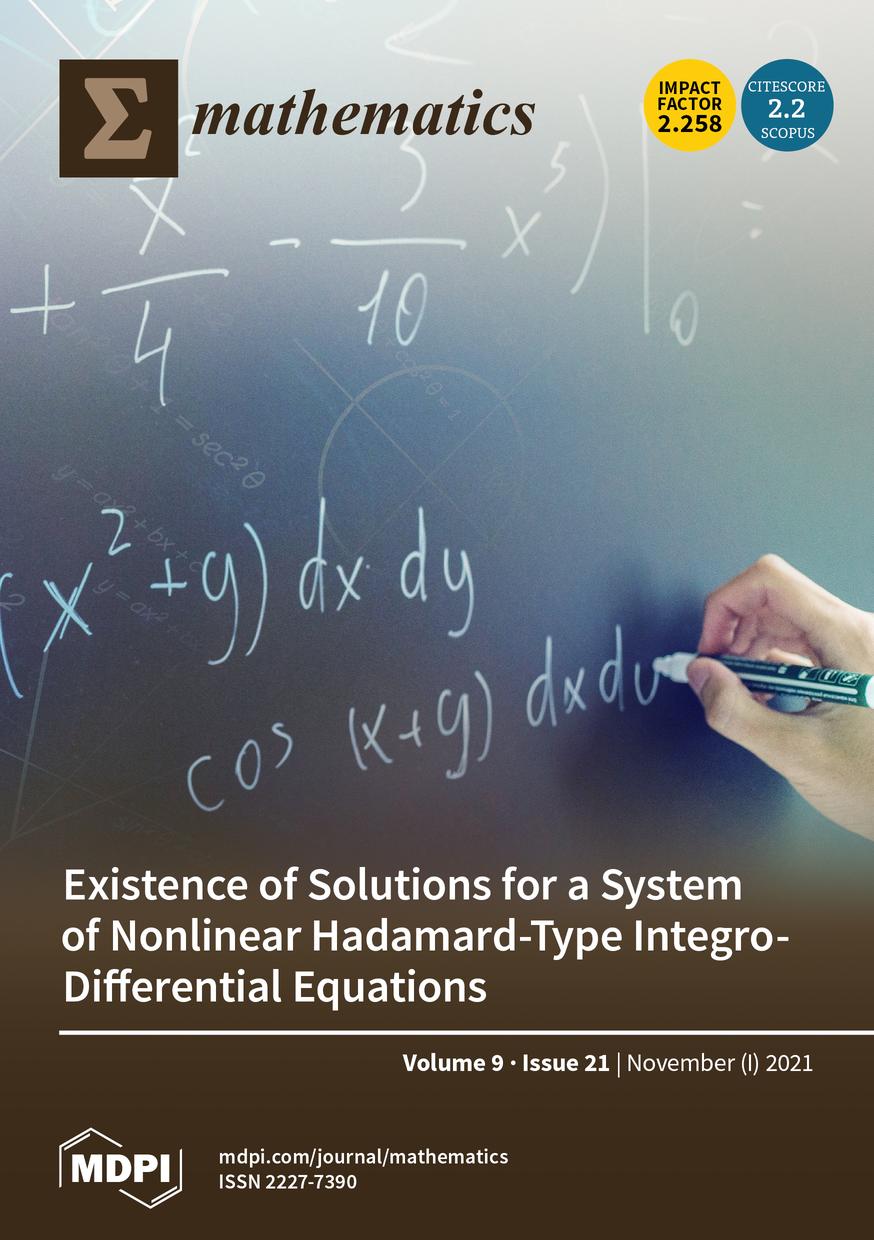The term 'DNA' immediately calls to mind the double-stranded helix that contains all our genetic information. But the individual units of its two strands are pairs of molecules bonded with each other in a selective, complementary fashion. Turns out, one can take advantage of this pairing property to perform complex mathematical calculations, and this forms the basis of DNA computing.
Since DNA has only two strands, performing even a simple calculation requires multiple chemical reactions using different sets of DNA. In most existing research, the DNA for each reaction are added manually, one by one, into a single reaction tube, which makes the process very cumbersome. Microfluidic chips, which consist of narrow channels etched onto a material like plastic, offer a way to automate the process. But despite their promise, the use of microfluidic chips for DNA computing remains underexplored.
In a recent article -- made available online in ACS Nano on 7 July 2021 and published in Volume 15 Issue 7 of the journal on 27 July 2021 -- a team of scientists from Incheon National University (INU), Korea, present a programmable DNA-based microfluidic chip that can be controlled by a personal computer to perform DNA calculations. "Our hope is that DNA-based CPUs will replace electronic CPUs in the future because they consume less power, which will help with global warming. DNA-based CPUs also provide a platform for complex calculations like deep learning solutions and mathematical modelling," says Dr. Youngjun Song from INU, who led the study.

Dr. Song and team used 3D printing to fabricate their microfluidic chip, which can execute Boolean logic, one of the fundamental logics of computer programming. Boolean logic is a type of true-or-false logic that compares inputs and returns a value of 'true' or 'false' depending on the type of operation, or 'logic gate,' used. The logic gate in this experiment consisted of a single-stranded DNA template. Different single-stranded DNA were then used as inputs. If part of an input DNA had a complementary Watson-Crick sequence to the template DNA, it paired to form double-stranded DNA. The output was considered true or false based on the size of the final DNA.
What makes the designed chip extraordinary is a motor-operated valve system that can be operated using a PC or smartphone. The chip and software set-up together form a microfluidic processing unit (MPU). Thanks to the valve system, the MPU could perform a series of reactions to execute a combination of logic operations in a rapid and convenient manner.
This unique valve system of the programmable DNA-based MPU paves the way for more complex cascades of reactions that can code for extended functions. "Future research will focus on a total DNA computing solution with DNA algorithms and DNA storage systems," says Dr. Song.




